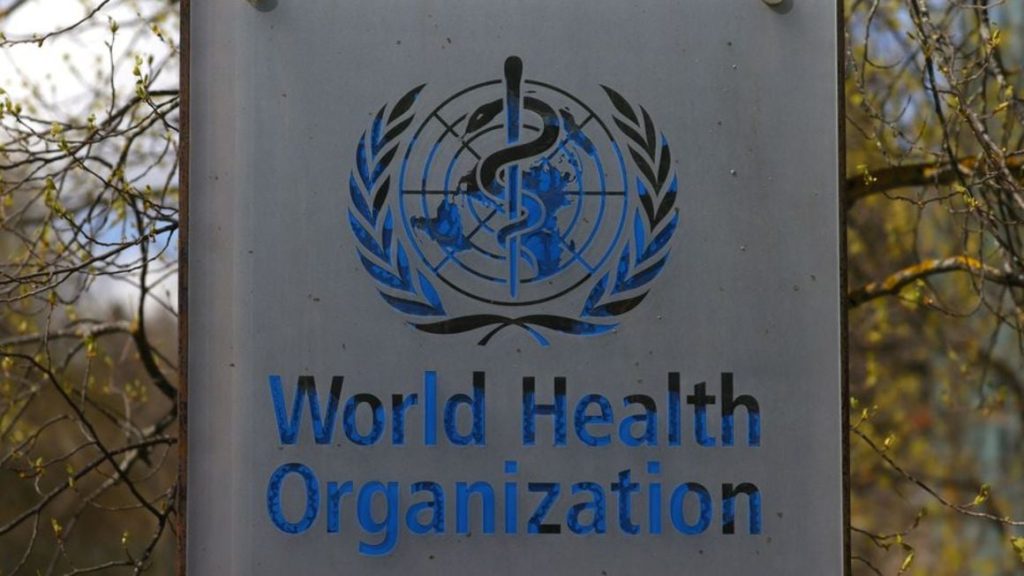South Africa, the first African country to implement lockdown measures due to the Covid-19 pandemic, has now become the first on the continent to significantly ease restrictions. This decision comes despite the country being the hardest hit by the virus in Africa.
The South African government believes the nation has successfully navigated the fourth wave of the virus, which was driven by the Omicron variant first identified by South African scientists. In response, authorities have lifted the midnight to 4 am curfew that had been in place since March 2020, meeting demands from the opposition Democratic Alliance and the liquor industry.
Minister Mondli Gungubele explained that the Cabinet’s decision to allow liquor sales after 11 pm was based on the virus’s trajectory, vaccination levels, and the capacity of the country’s health services. He noted a decline in Covid-19 cases across all provinces except the Western Cape and Eastern Cape, which saw increases of 14% and 18% respectively. Hospital admissions have also decreased in all provinces except the Western Cape.
While the Omicron variant is highly transmissible, it has resulted in lower hospitalization rates compared to previous waves. This has left spare capacity in the healthcare system for routine health services. There has been only a marginal increase in deaths across all provinces.
South Africa has recorded 3.5 million Covid-19 infections and 91,000 deaths since the pandemic began. In the week ending on Christmas Day, infection levels fell by 29.7% compared to the previous week.
However, the country has fallen short of its vaccination target, with only about 38% of the population fully vaccinated against the initial goal of 70% by year-end.
Despite easing restrictions, some measures remain in place. Wearing masks in public is still mandatory and considered a criminal offense if not followed. Indoor gatherings are limited to 1,000 people, while outdoor gatherings are capped at 2,000.
President Cyril Ramaphosa had previously criticized Western countries and six African nations for closing their borders to South Africa and some of its neighbors following the discovery of the Omicron variant, arguing that South Africa was being punished for the excellence of its scientists.
As new infections reach record levels in countries like Britain, France, Denmark, and the United States, it remains to be seen how they will respond to South Africa’s decision to ease restrictions.




















